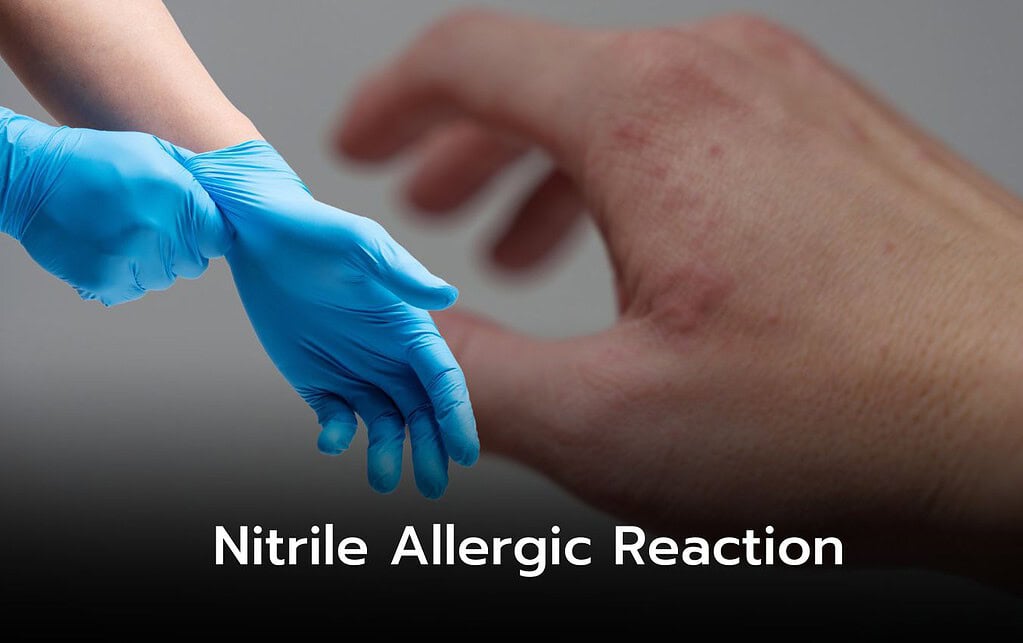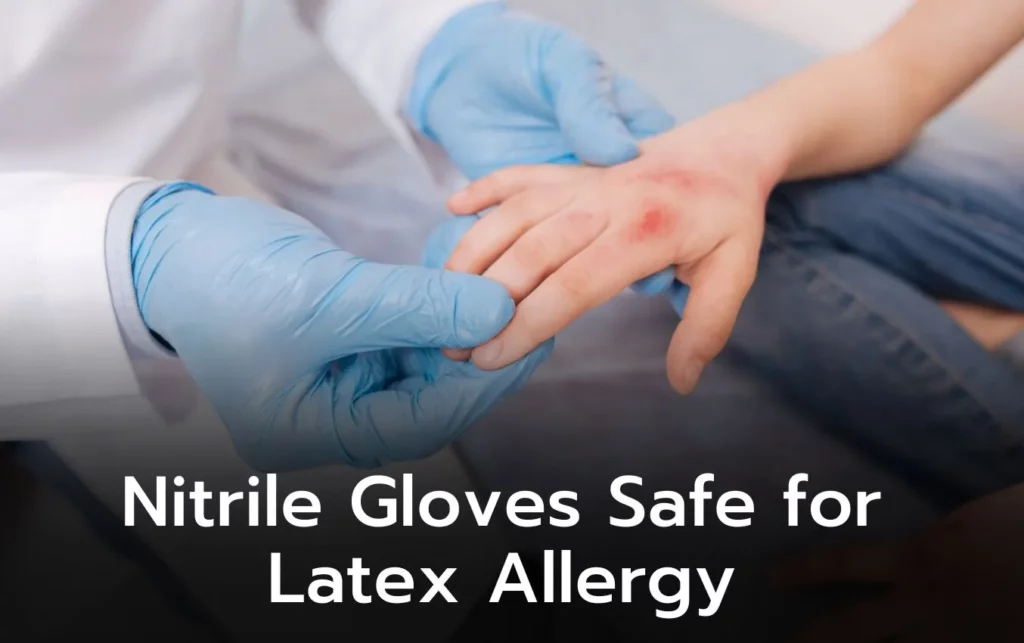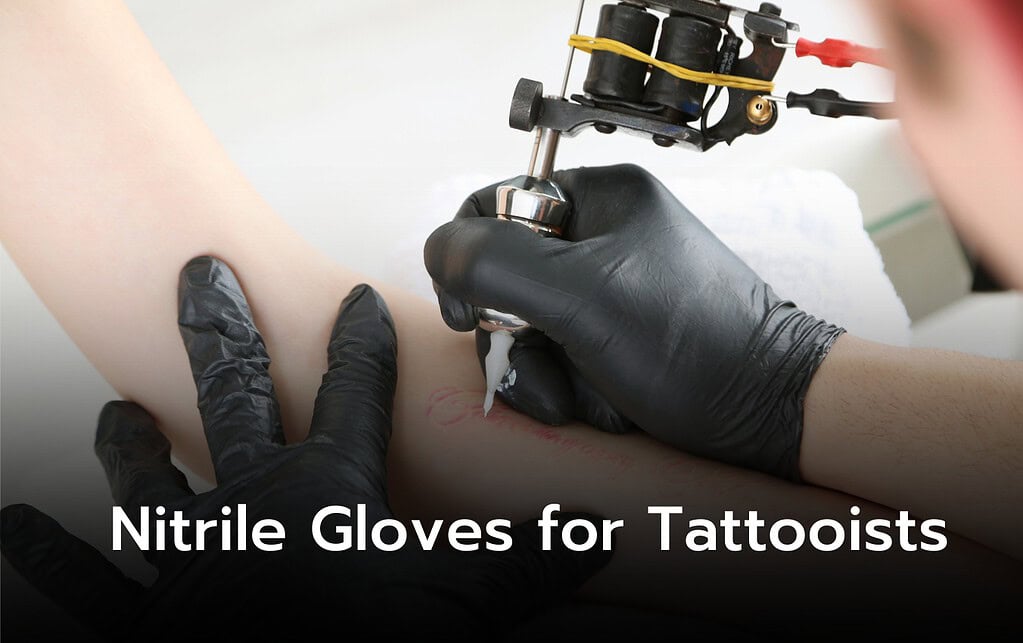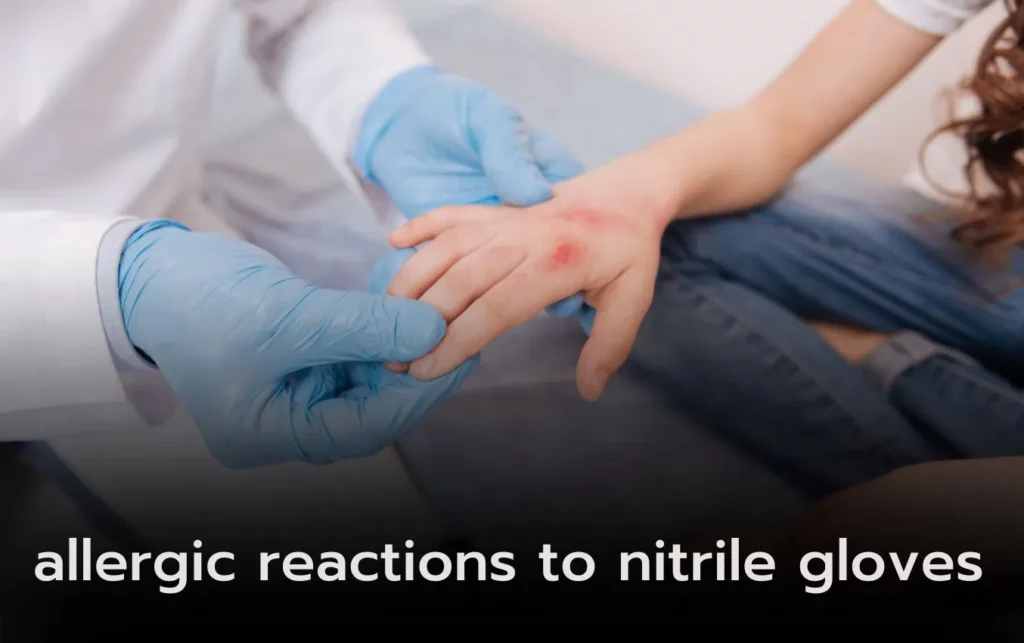Nitrile Allergic Reaction
Nitrile gloves are considered safer and more durable than latex gloves because of their hypoallergenic properties. However, allergic reactions can still occur due to chemicals in the manufacturing process, leading to skin or systemic symptoms. Healthcare workers should be aware of the allergy risk and take preventive measures, including diagnostic testing.







